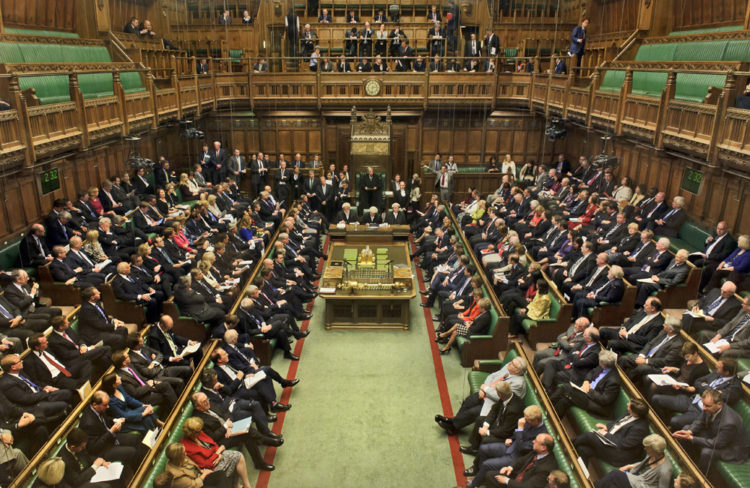By Gabriel Princewill-
The commons vote held in the middle of the Supreme Court case appears tactical.
Tactical in the sense that it is strange why the commons would decide to hold a vote about the very thing money has been spent to go to court.
Mp’s voted overwhelmingly to support Theresa May’s timetable to legally enact Brexit in March. However, this vote is punctuated with the fact that it is not legally binding. A bit paradoxical, sounding similar to the Brexit controversy.
Even Supreme judges appeared perplexed by the timing of the commons vote briefly questioning the relevance of the court case in light of the vote. The vote may have been a ploy to informally settle the issue and tacitly facilitate the court process. If Mps have already voted to support Theresa May in a none binding vote, the only essence here may be to show that the path of Brexit is the only issue at hand.
Yet, amid this conjecture is the stark reality that the Supreme Court will decide whether the government must engage Parliament before triggering Article 50, or whether U.K prime Minister Theresa May is free to trigger Article 50-the constitutional lever that will formalise Britain’s departure from the EU
The Supreme Court has heard four days of legal arguments from different perspectives. It has been a public stage for lawyers to show their mettle and use their expertise to try and negate counter arguments standing in the way of their objectives. On the face of the case, it appears straightforward.
Reasonable Expectations
The referendum was conducted with the reasonable expectations that Parliament would implement the result of the vote. That vote was advisory , ostensibly suggesting that public ignorance of this fact was a fundamental feature of the referendum. Unless the stated advisory nature implied that the informed or informed understanding of the voting public had no bearing on Parliament’s autonomy to review the decision. This is a grey area still not clarified.
Yet, the consultative nature of the referendum itself was contended at the Supreme Court, with each side relying on ambiguous technicalities in the law. Ultimately, the Supreme Court are tasked with the duty of deciding whether Theresa May has to consult with Mps on the path of Brexit.
Theresa May has recently agreed to publish her Brexit plans, after which ministers can canvas their views. What May and Brexitiers will not want is a protracted process of negotiations and objections, but what ultimately matters is if she has a choice or not. The constitutional phenomenon of the Royal prerogative was thrown in the mix of the legal challenge, with the competing lawyers differing majorly on its application.
The Commons vote today shows that Mps are prepared to support Theresa May’s time table of triggering Article 50 in March, but this tells us little about what accompanying debates and contentions lie in wait in relation to those details. The Supreme Court judgement will put a legal stamp on what processes are mandatory, whilst the commons vote today does not indefinitely cement anything.

